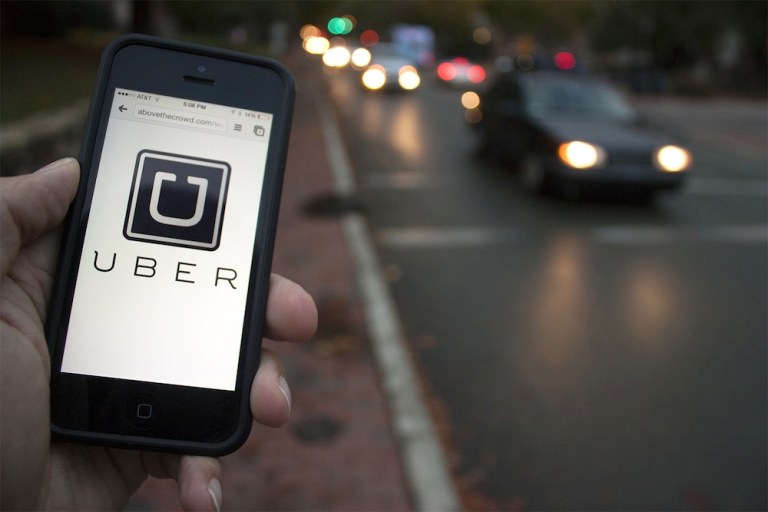Driverless Cars A Threat To National Security

While driverless cars are touted to reduce auto fatalities and injuries, talks are ongoing between auto manufacturers and the Justice Department on other safety concerns — cybersecurity and threats to national security. Fiat, last year, recalled 1.4 million autos following media coverage of internet-linked cars and the threat that they may pose.
Residents of Pittsburgh are about to see their city become the testing ground for Uber’s driverless cars, and perhaps, this once town of steel is sturdy enough to withstand any potential cyberattacks. According to Reuters, the U.S. Justice Department has created a team to conduct a threat analysis on the security risks of self-driving cars.
Transportation and public health experts maintain that self-driving cars will reduce the number of auto-related fatalities and injuries that are typically caused by human error, but Assistant Attorney General John Carlin, head of the national security division at the Justice Department, told Reuters: “The internet on wheels … clearly is going to present national security risks.”
The hacking of internet-linked devices has been a growing security concern in recent years — car hacking, in particular — and the National Highway Transportation Safety Administration (NHTSA), along with the FBI, announced in March that vehicles were “increasingly vulnerable” to hacking.
The government team’s focus is to secure the Internet of Things (IoT), including self-driving cars, internet-connected devices and medical equipment. Adam Hickey, acting deputy assistant attorney general of the national security division, is heading the group of five to 10 industry experts and is partnering with other federal agencies. The decision to form the group, which became active six months ago, was based on the understanding that cybersecurity was less of a concern when the internet was first designed and linked devices are, therefore, vulnerable to terrorist attacks and hacking.
The new team, while not wanting to be alarmist, cited the recent terrorist attack in Nice , France, and the use of a truck as a weapon that killed 86 people as an example of how self-driving vehicles could be hacked remotely and become threats to national security.
Fiat has been proactive in this regard by recalling almost 1.5 million Fiat Chrysler automobiles in the U.S. in July of last year after a magazine report discussed the threat of hackers. This marked the first action of this kind by car manufacturers, but Carlin has been visiting auto manufacturers in Detroit to address cybersecurity and national security for driverless cars.